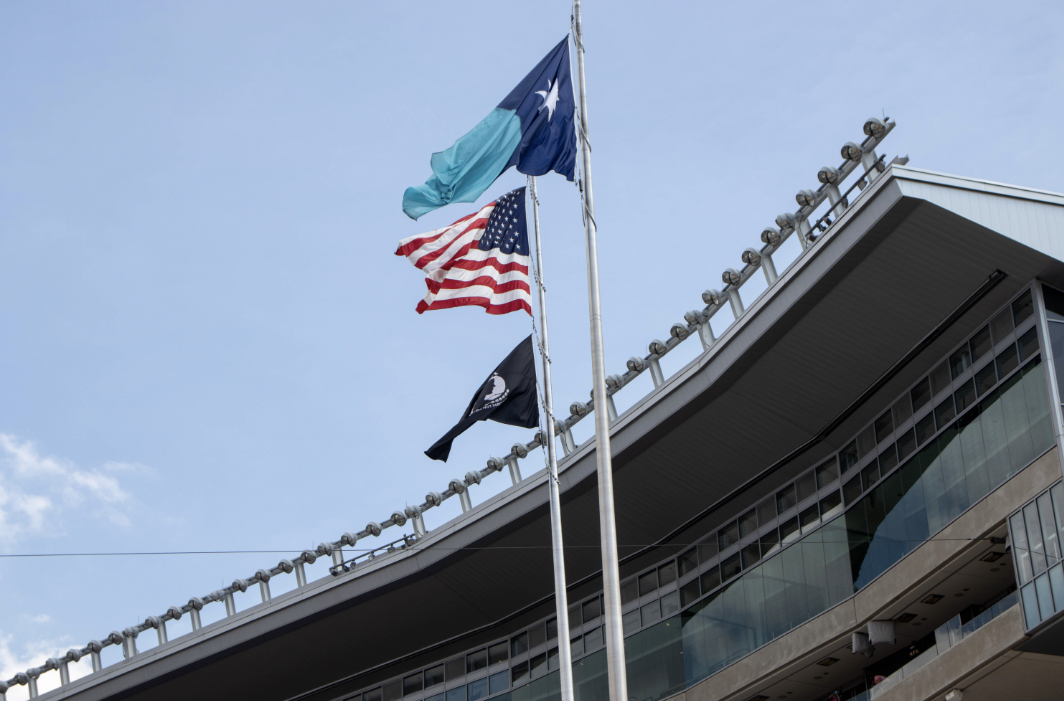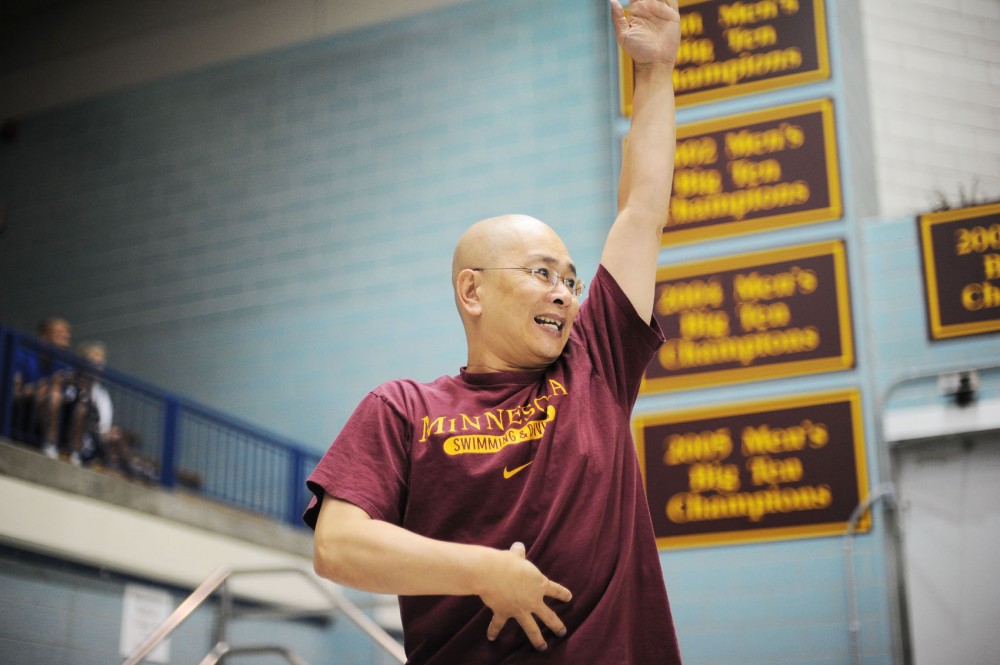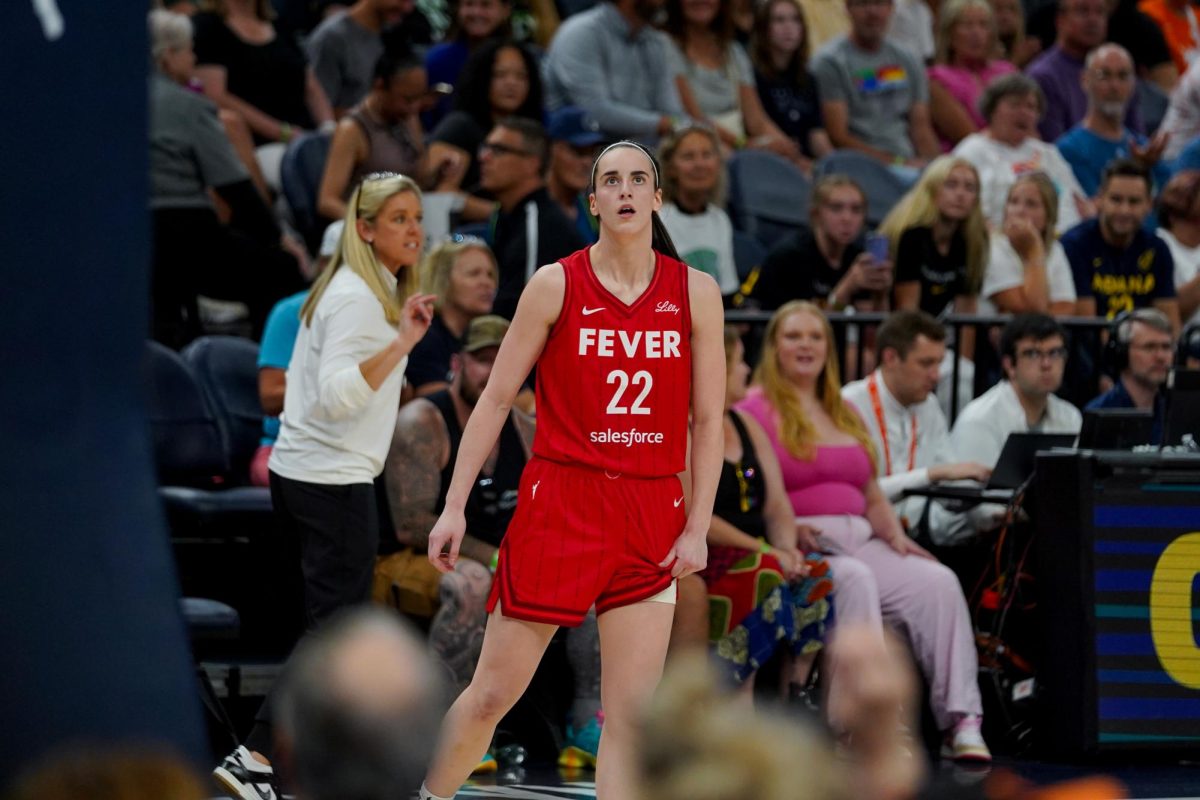>BEIJING (AP) – Crisis. Disarray. Sadness.
Four months before the opening of what was supposed to be the grandest Olympics in history, the head of the International Olympic Committee is using words that convey anything but a sense of joyous enthusiasm.
The protest-marred Olympic torch relay and international criticism of China’s policies on Tibet, Darfur and human rights have turned the Beijing Games into one of the most politically charged events in recent history and presented the IOC with one of its toughest tests since the boycott era of the 1970s and ’80s.
“It is a crisis, there is no doubt about that,” IOC President Jacques Rogge said Thursday. “But the IOC has weathered many bigger storms.”
At the same time, Rogge called on China – to respect its “moral engagement” – to improve human rights and to fulfill promises of greater media freedom. He also reaffirmed the right of free speech for athletes at the Beijing Games.
A Chinese Foreign Ministry spokeswoman responded that IOC officials support adhering to the Olympic Charter and “not bringing any irrelevant political factors into the Beijing Olympics.”
“I hope the IOC officials will continue to adhere to the principles set by the Olympic charter,” Jiang Yu said.
Rogge spoke in Beijing just hours after the completion of the torch relay in San Francisco, where the route was shortened and the flame diverted to prevent disruptions by massive crowds of anti-China protesters.
Rogge’s use of the word “crisis” to describe the torch relay and the Beijing buildup came as a surprise. The Belgian orthopedic surgeon’s comments are usually measured and low-key.
He cited previous crises – the attack on Israeli athletes at the 1972 Munich Olympics and the boycotts of the 1976, 1980 and 1984 Games.
“The history of the Olympic Games is fraught by a lot of challenges,” Rogge said. “This is a challenge but you cannot compare to what we had in the past.”
British IOC member Craig Reedie believes the worst is over.
“I hope that we are through it now,” he said. “I think the furor that has affected the torch in London, Paris and, to some extent, in San Francisco will now die down. … But it is fair to say that this kind of political protest is a new experience for the IOC, and we have all found it extremely uncomfortable.”
After the chaos caused by pro-Tibet demonstrators during torch relays in London and Paris, IOC officials were relieved the North American leg passed without any injuries.
“Fortunately, the situation was better in San Francisco,” Rogge said. “It was, however, not the joyous party that we had wished it to be.















